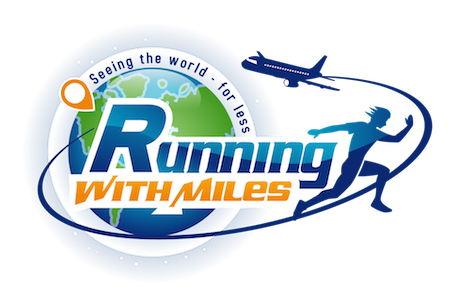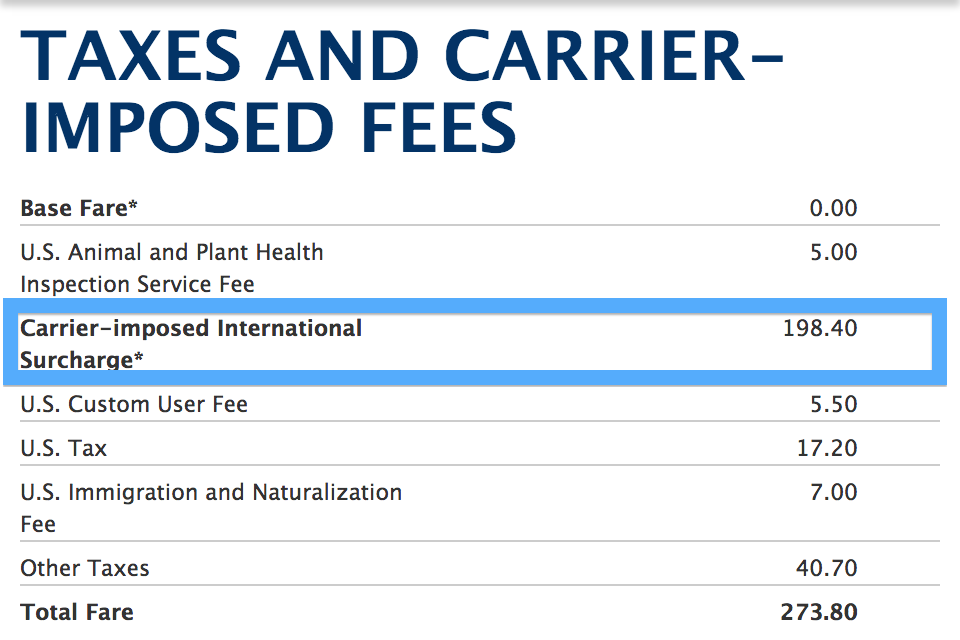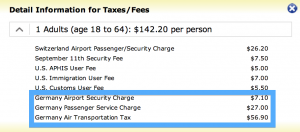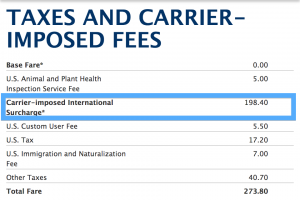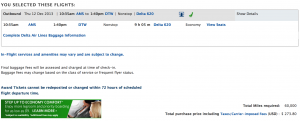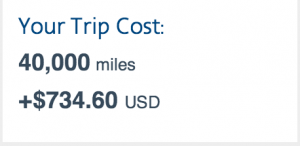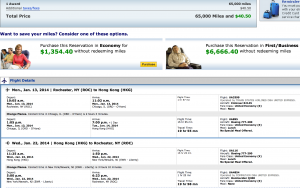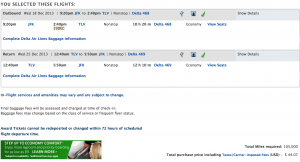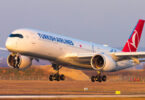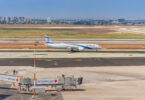I get this response/question often from people who hear success stories with points and miles and begin to think that miles are the magic key to open up free travel anywhere in the world. They become a little stunned when they see how much they are required to pay for an award ticket that they thought was “free.” Why is this and is award travel really free?
What is the cost for “free” travel?
If you are a regular reader of this blog or any other blog, you have certainly learned a bit about miles and points and what can be achieved with them. It is true – using miles and points opens up a world of travel opportunity for pennies on the dollar of paid travel. However, all of this travel is not free. When I write about award travel I book, I almost always mention the taxes and fees (unless the amount is minuscule). In fact, I recently backed out of a plan to run the Amman Marathon in Jordan next month because of these taxes and fees. I could get there and back for only 15,000 British Airways Avios – great deal! – but the taxes were almost $400 for coach! Yes, this is still $600 less than the paid ticket, but I was not in a position to pay that much for a “free” ticket so I canceled the idea of running Amman this year.
Let’s break down the various costs that go into our “free” travel so that you will not hopefully ever have to be amazed at the cost of “free” travel.
Annual Fees
Most of the great credit cards that have high sign-up bonuses waive the first year’s annual fee. There are some that do not, though. If the annual fee is not waived for the first year, you are looking at a fee up front from $69 – $95 (unless it is the American Express Platinum cards – $450/$475 up front).
Since the majority of the cards have the first year waived, we can safely assume that this fee will not be in your initial costs.
Award Booking Fees
US Airways charges a $50 award processing fee for international tickets. American Airlines charges a $25 or more fee for reservations made over the phone (not all partner awards can be booked online). These are just two examples of booking fees and something to be aware of when booking a ticket. Whether you pay this or not will depend on the airline you use for the award ticket and whether you make it on the phone or on the internet.
Change Fees
If you book the award ticket, just because you used miles does not mean that you do not face fees for changes. Some of the airlines force you to redeposit the miles before you make the changes. These fees can range between $100 – $200. Because this fee is not required to make a reservation, we will consider this an optional fee.
Close-in Booking Fees
If you are making the award reservations within 21 days of departure, many airlines will charge a fee for the booking. American Airlines, United Airlines, and US Airways all charge $75 for award reservations made within 21 days of departure. Delta is the only US legacy airline does not charge that fee. If you use the others, even for partner flights, you will need to pay $75 for a close departure.
Departure Tax / Airport Surcharge
Many countries charge departure taxes which can also be high. These are unavoidable and will typically range from costs in the teens to those countries that demand much higher tax fees.
Fuel Surcharges
For flights originating in Europe (as well as other flights and partners), there are fuel surcharges which are placed on the ticket. These can be significant.
Government Fees
Fortunately, these are small fees. One of these, as an example, is the September 11th fee which is $2.50 per US segment. The other US government fees are similarly low. For international government fees, these can be a bit more. I love the “development” tax that exists in many countries – especially those that do not seem to be using the money for development! 🙂
Real Life Situations
Now that we know the different fees that add up the cost of our “free” travel, let’s look at some examples of how high these various fees can get for award tickets.
Not all international destinations will give such high costs. These costs are very typical for Europe, so you can look at other places for cheaper fees.
Avoiding High Taxes and Fees for Award Travel
As you can see, “Free” travel is not something that is “Free” like we typically think of free. However, it is possible to avoid some of these fees. Here are some tips:
- Check various layover airports (for example, it can be cheaper to fly through Turkey instead of Germany)
- Avoid flying out of London on the return (you can take a cheap flight from London to many cities in Europe and avoid the large departure tax that is levied to flights leaving Europe from London)
- Credit cards (certain cards, like the American Express Platinum cards, offer statement credits as reimbursement for airline incidental fees – up to $200 per year. Another card is the United Club card that waives the close-in booking fee for United award tickets)
- Traveling domestically (the only taxes/fees for domestic travel are very small ones – most of the time for no more than $10 round-trip)
Summary
To sum up, award travel is not “free” travel – though we may refer to it as such at times. The fees and charges can be as high as $700 for coach tickets and well over $1,000 for premium cabin tickets. However, most international award tickets will be more in the $150 range. Whether or not it is worth paying depends on the purpose of the trip and current financial state. For example, if you are planning a trip just because you have the miles, it may seem as if the taxes are way too high. But, if this is a trip that you will need to pay for if you do not use miles, it can seem like quite a bargain to “only” have to pay $150! It will depend on your situation! I do hope, however, that this post helps you to realize the potential for award fees. Award travel is not free travel but it is certainly cheaper travel!
